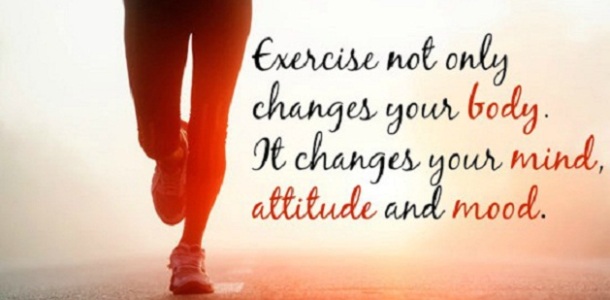“One often hears that physical fitness and exercise is a mental thing. A mindset. Sticking with it takes a certain mental discipline. I think that this is absolutely true. However, people tend to think that the mental commitment is required at the end of a workout, or to finish a long run, or to complete an exhausting bike ride. That’s certainly true.But there is an important set of psychological principles that come into play prior to exercise that require our attention. I’ll mention just one of them. Hopefully by developing an awareness and adopting a simple change or two you can enhance and further enjoy your exercise experience.Any exercise routine begins when there are not significant barriers to exercise. Ask yourself this question: “Why do I not feel motivated/inspired/able to exercise today? Or this week? Or this month!” Now obviously there are legitimate barriers such as a serious injury, a sick relative that requires our attention or a heavy travel commitment. But far too often the barriers exist in our minds. One example is the lack of enjoyment that you might feel when exercising. But you likely enjoy being with friends, reading or watching a show. So in order to remove the barrier of boredom/lack of enjoyment, consider exercise with a partner. Or perform exercises that permit you to read or watch TV. Another common barrier is the perceived lack of time for exercise. The stark truth is that we all have time for the things that we believe to be important. You can find three hours in a week to exercise if you overcome the mental barrier that is telling you that other activities are more important to you. Perhaps you need to formally schedule exercise or find someone to hold you accountable to it. Additionally, the barrier of distraction (and you can honestly insert your own distractions here!) can be lifted with effort and intentional mindfulness.Do you see what I mean? Not once have I mentioned that your rear end is too high in your plank, or that your knees are extended to far out over your toes while you squat. Those things can be fixed! But eliminating the mental barriers and embracing the psychology of exercise is the essential first step to achieving any of your long-term fitness goals. What other barriers might exist? How might your mind get in the way of fitness?Thank for reading. Good heath to you!”—Matthew Pechanio, FITT-RX Personal Trainer
Share this page

